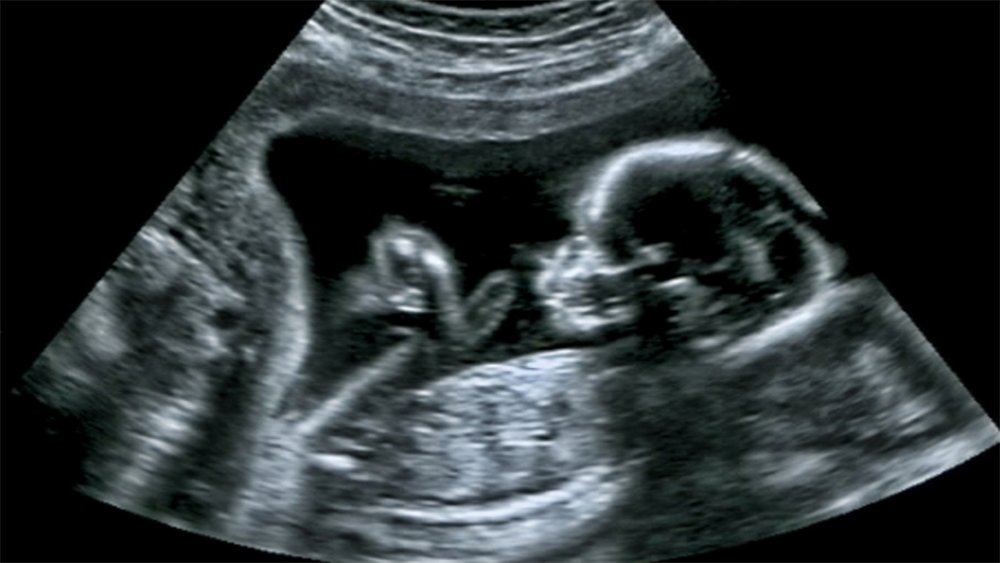
NIPT stands for Non-invasive Prenatal Testing. It’s a blood test offered during pregnancy to screen for certain genetic abnormalities in the fetus. Unlike traditional prenatal tests like amniocentesis and chorionic villus sampling (CVS), which are invasive procedures, NIPT is entirely non-invasive and carries no risk to the mother or fetus.
How does it work?
During pregnancy, small fragments of the fetus’s DNA circulate in the mother’s bloodstream. The NIPT test analyzes these fragments to identify any abnormalities in the number of chromosomes. While it primarily screens for Down syndrome, trisomy 18 (Edwards syndrome), and trisomy 13 (Patau syndrome), some advanced NIPT tests can also screen for other chromosomal conditions, sex chromosome abnormalities, and even microdeletions or microduplications (missing or extra genetic material).
Is it a diagnostic test?
No, NIPT is a
screening test. It can suggest an increased or decreased risk of the fetus having a chromosomal abnormality, but it cannot definitively diagnose a condition. If the NIPT results indicate a high risk, further diagnostic testing like amniocentesis or CVS may be recommended for confirmation.
Who should consider NIPT?
NIPT is an option for all pregnant women, but it’s particularly recommended for those with:
- Increased risk of chromosomal abnormalities due to factors like age, previous pregnancies with chromosomal abnormalities, or certain carrier screening results.
- Concerns about their fetus’s health based on other prenatal tests or ultrasounds.
Benefits of NIPT:
- Non-invasive: No risk to mother or fetus.
- Early detection: Can be done as early as 10 weeks of pregnancy.
- High accuracy: Detects chromosomal abnormalities with high accuracy (over 99%).
- Peace of mind: Can provide valuable information about the fetus’s health.
Things to remember:
- NIPT is not a mandatory test. Discuss it with your doctor to understand if it’s right for you based on your individual needs and risk factors.
- Even with a low-risk NIPT result, further diagnostic testing might be recommended depending on your specific situation.
- NIPT cannot detect all genetic conditions.
For further information:
Connect with our healthcare doctors for brief consultations about NIPT Scan test .


